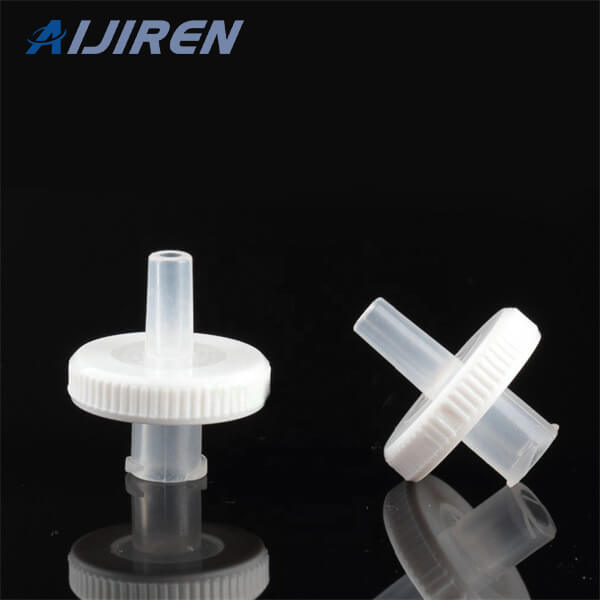
An overview presentation regarding how syringe filters are made and what filters work best for various applications.
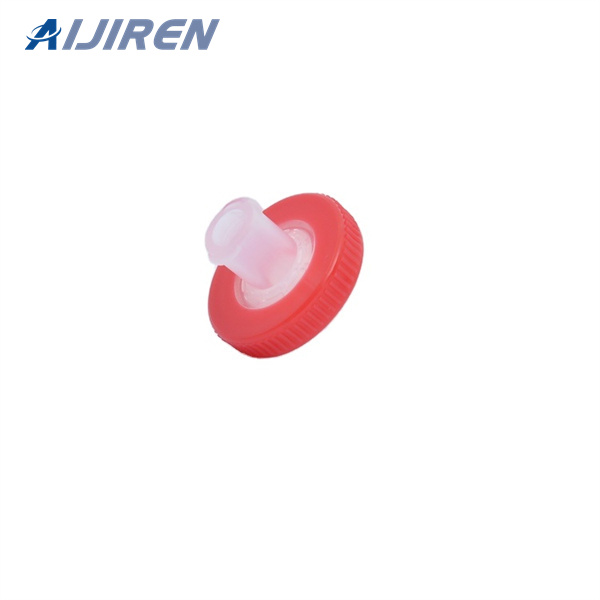
Membrane filters are usually made from synthetic polymers (e.g. hydrophilized PTFE, PVDF, nylon, PES). Different forces can be applied to drive the filtration process. Filtration can be driven by simple gravity using a filter and a funnel, manually as in syringe filtration, or by centrifugal force.
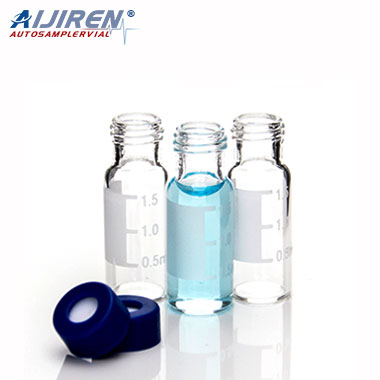
Mar 17, 2023 · A syringe filter is a filtering membrane housed in a plastic housing. Either the fluid to be purified can be drawn up the syringe and filtered, or the unfiltered fluid can be pushed through the filter. When analysing a sample with High-Performance Liquid Chromatography (HPLC), Ion chromatography (IC), Gas chromatography (GC), or Inductively Coupled Plasma Spectroscopy (ICP), a Syringe Filter
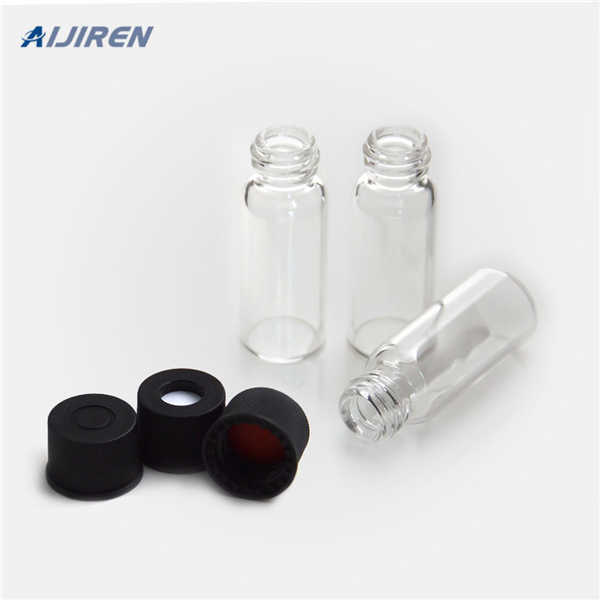
Jun 9, 2022 · Features of Hydrophilic PTFE Syringe Filters: 1. Inorganic solvent with strong chemical causticity filtration. 2. Mixed solvent filtration in HPLC (Acetonitrile/Water) 3. Alkali solutions
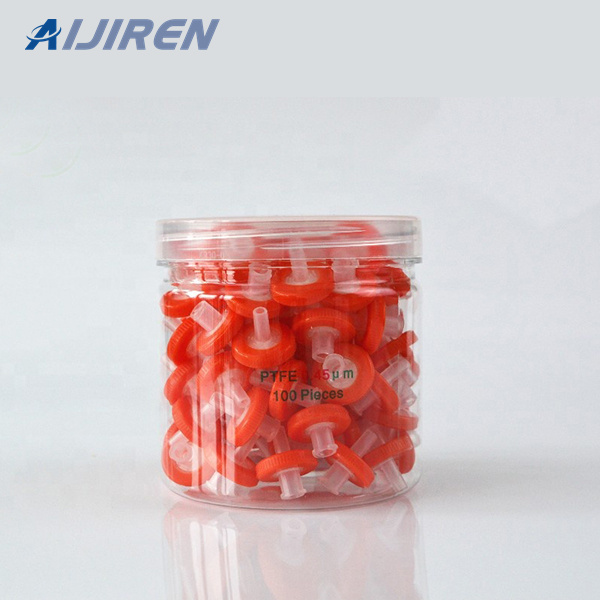
Apr 1, 2022 · An easy-to-follow guide on how to use a syringe filter.--Visit our website https://www.sterlitech.com/.
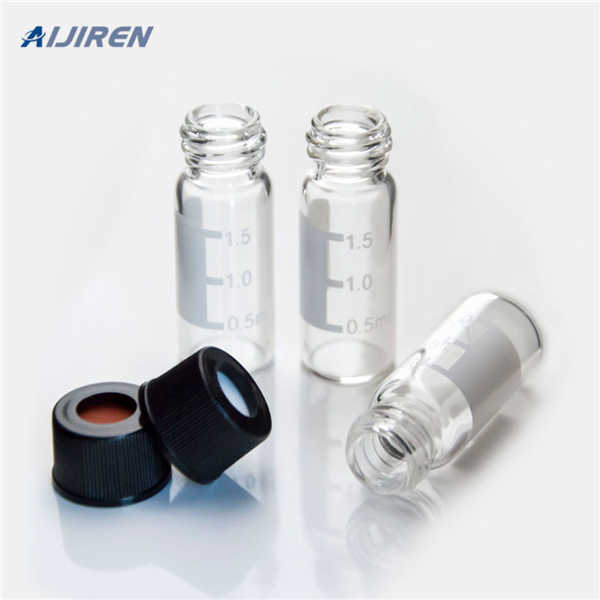
the filtrate, and 2) syringe filters can bind the analyte of interest, leading to incorrect quantitation. Extractables Extractables are low molecular weight compounds that dissolve in the sample or solvent that is being Table 2. Various Device Formats for Sample Filtration Following Dissolution Testing Filtration Format Pros Cons Syringe
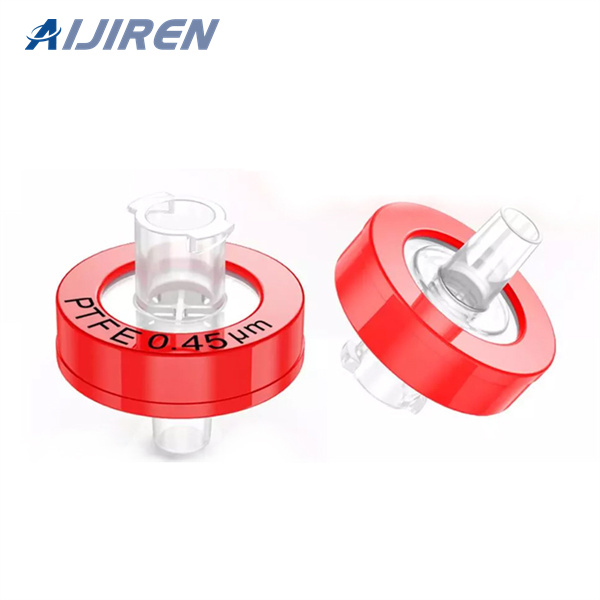
Use these all-plastic disposable syringes with your Titan3, Target2, and Choice Basic syringe filters. Comprising a polypropylene barrel and polyethylene plunger, these syringes eliminate problems with rubber or synthetic plunger gaskets and requires no silicone or oil lubricant in the barrel. Choose from in 1, 3, 5, 10, 20, 30, and 50 mL sizes.
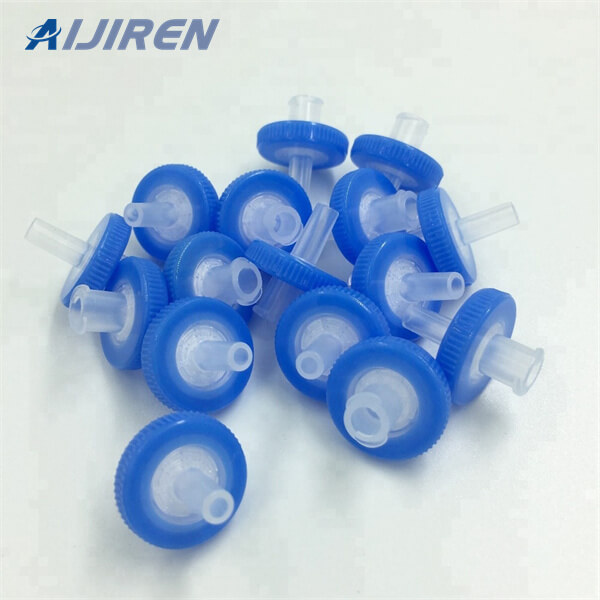
Non-sterile syringe filters for filtration, clarification or particle removal from buffers, reagents, DMSO, HPLC/GC solvents. Laboratory Filtration * autoclavable **sterile Pore size (µm) Membrane Housing Catalog # #/Case 4mm diameter for 0.5 - 1 ml volume, Leur-Lok inlet, male slip outlet, autoclavable 0.2 CA Polypropylene 171-0020* 100/400
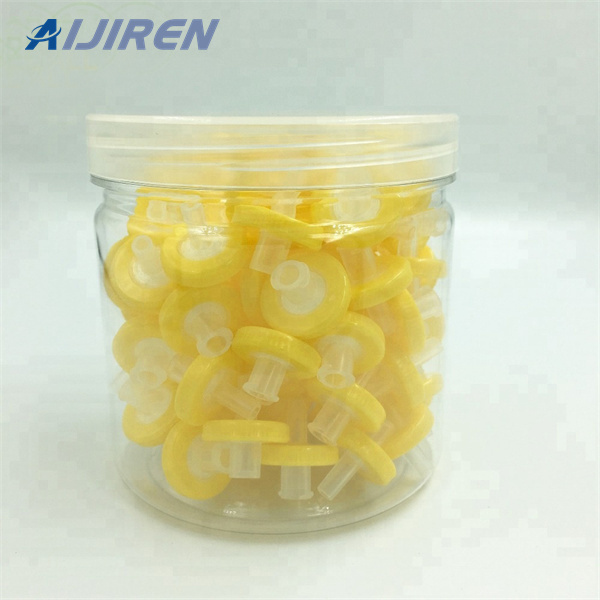
Dec 28, 2022 · To use a PTFE syringe filter, first, select the appropriate pore size for your liquid. Next, attach the filter to the end of a syringe. Then, draw the liquid through the filter. Finally, remove the filter and dispose of it properly. chromatography columns will last longer if the pore size of the chromatography membrane is 0.45-0.4 micrometer.
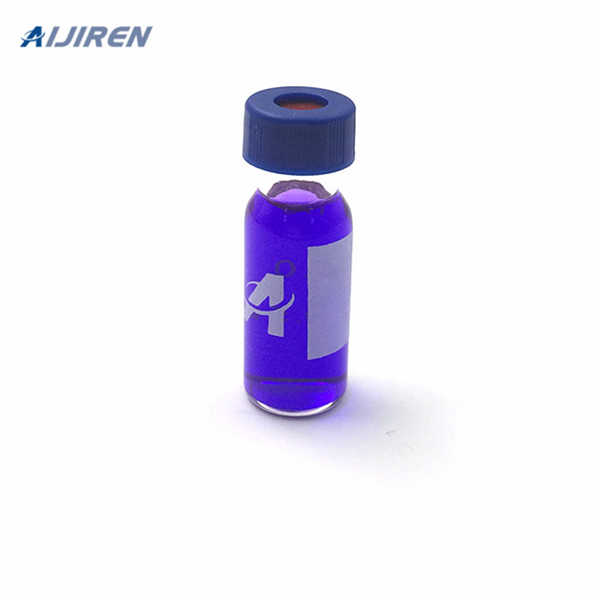
With sample capacities from 0.1 mL up to 5 L, the Sartorius Lab Ultrafiltration range offers something for everyone. Find the ultimate device for your concentration or diafiltration applications in the most comprehensive lab ultrafiltration portfolio. We cater for most target molecule types with our unique choice of membrane materials

Dec 15, 2022 · Syringe Filters. Syringe filters are devices that are used to remove particulate matter from a liquid sample prior to analysis. They are typically made of a hydrophilic membrane that is placed over a filter support, and the sample is forced through the membrane using a syringe. The particulate matter is retained on the filter, while the
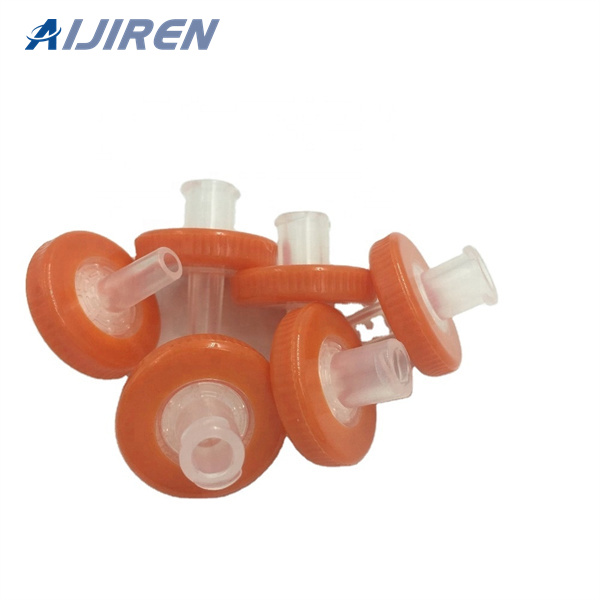
Syringe/Disc Filters The smaller conventional Corning® syringe disc-type filters (4, 15, 25, 26, and 28 mm diameter) are used with syringes which serves as both the fluid reservoir and the pressure source. They are 100% integrity tested. The HPLC-certified non-sterile syringe filters are available with nylon, regenerated
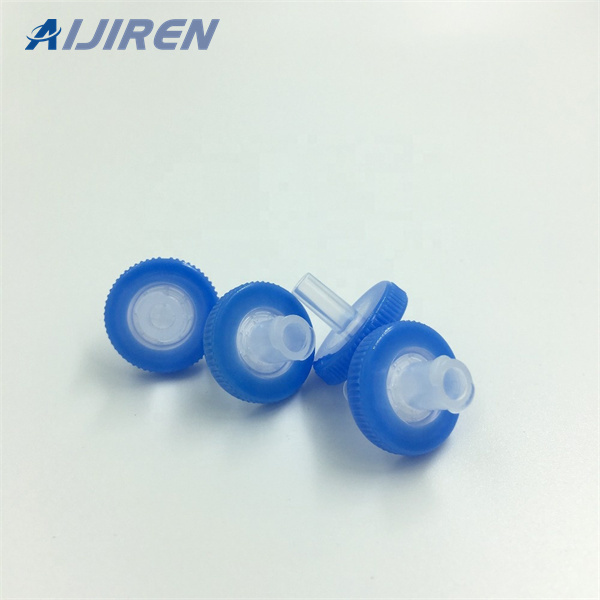
Jul 31, 2023 · Step-by-Step Guide to Syringe Filter Usage Step 1: Preparing the sample for filtration. Before beginning the filtration process, it is crucial to prepare the Step 2: Assembling the syringe filter setup. Once the sample is prepared, it is time to assemble the syringe filter... Step 3: Filtering ...
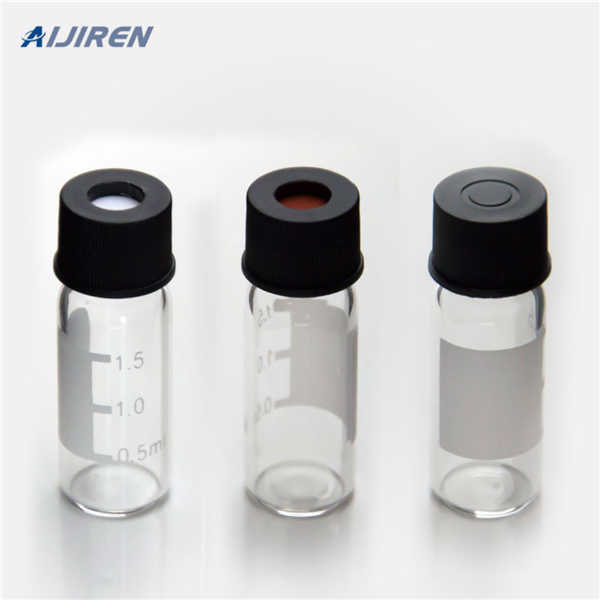
Apr 23, 2023 · Choose the Right Size/Diameter. The size of the syringe filter should be compatible with the volume of the sample you want to filter. For samples ranging from 1-10ml, it is recommended to use a 13mm syringe filter with a hold-up volume of less than 25μl. For samples ranging from 5-100ml, it is recommended to use a 25mm syringe filter with a